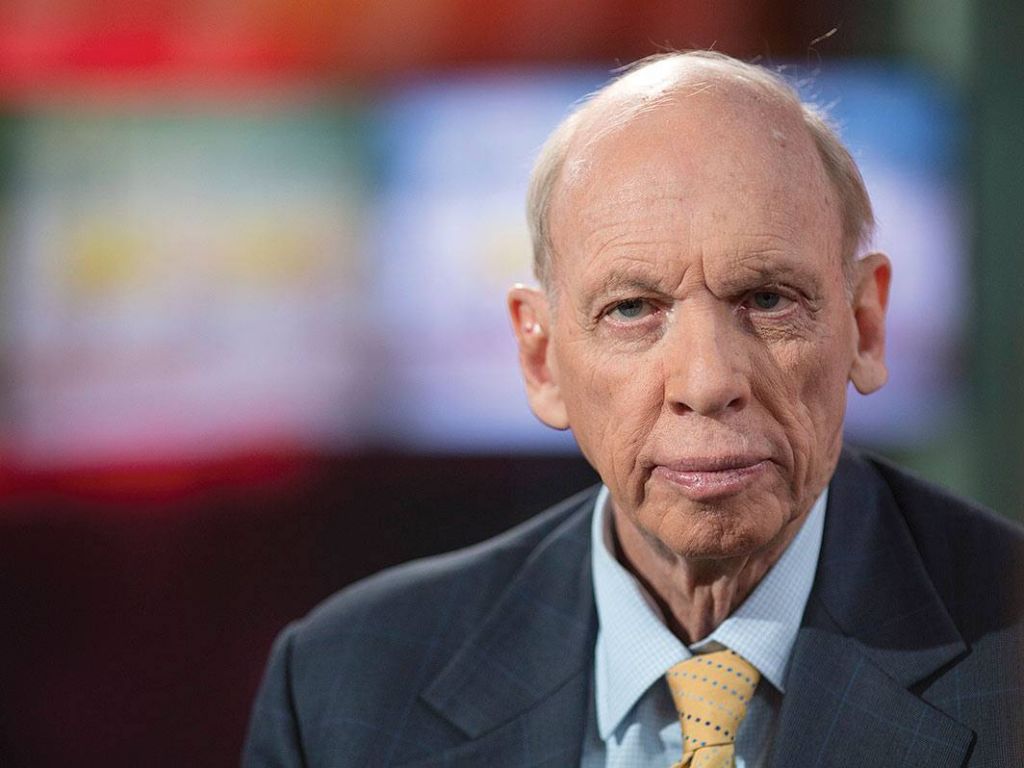by Blackstone
Byron R. Wien, Vice Chairman in the Private Wealth Solutions group at Blackstone, today issued his list of Ten Surprises for 2019. This is the 34th year Byron has given his views on a number of economic, financial market and political surprises for the coming year. Byron defines a “surprise” as an event that the average investor would only assign a one out of three chance of taking place but which Byron believes is “probable,” having a better than 50% likelihood of happening.
Byron started the tradition in 1986 when he was the Chief U.S. Investment Strategist at Morgan Stanley. Byron joined Blackstone in September 2009 as a senior advisor to both the firm and its clients in analyzing economic, political, market and social trends.
Byron’s Ten Surprises for 2019 are as follows:
- The weakening world economy encourages the Federal Reserve to stop raising the federal funds rate during the year. Inflation remains subdued and the 10-year Treasury yield stays below 3.5%. The yield curve remains positive.
- Partly because of no further rate increases by the Federal Reserve and more attractive valuations as a result of the market decline at the end of 2018, the S&P 500 gains 15% for the year. Rallies and corrections occur but improved earnings enable equities to move higher in a reasonably benign interest rate environment.
- Traditional drivers of GDP growth, capital spending and housing, make only modest gains in 2019. The expansion continues, however, because of consumer and government spending. A recession before 2021 seems unlikely.
- The better tone in the financial markets discourages precious metal investors. Gold drops to $1,000 as the equity markets in the United States and elsewhere improve.
- The profit outlook for emerging markets brightens and investor interest intensifies because the price earnings ratio is attractive compared to developed markets and historical levels. Continuous expansion of the middle class in the emerging markets provides the consumer buying thrust for earnings growth. China leads and the Shanghai composite rises 25%. The Brazil equity market also comes to life under the country’s new conservative leadership.
- March 29 comes and goes and there is no Brexit deal. Parliament fails to approve one and Theresa May, arguing that a change in leadership won’t help the situation, remains in office. A second referendum is held and the U.K. votes to remain.
- The dollar stabilizes at year-end 2018 levels and stays there throughout the year. Because of concern about the economy, the Federal Reserve stops shrinking its balance sheet, which is interpreted negatively by currency traders. The flow of foreign capital into United States assets slows because of a softer monetary policy and a lack of need for new capital for business expansion.
- The Mueller investigation results in indictments against members of the Trump Organization closest to the president but the evidence doesn’t support any direct action against Trump himself. Nevertheless, an exodus of Trump’s most trusted advisors results in a crisis in confidence that the administration has the people and the process to accomplish important goals.
- Congress, however, with a Democratic majority, gets more done than expected, particularly on trade policy. Progress is made in preserving important parts of the Affordable Care Act and immigration policy. A federal infrastructure program to be implemented in 2020 is announced.
- Growth stocks continue to provide leadership in the U.S. equity market. Technology and biotech do well as a result of continued strong earnings. Value stocks other than energy-related businesses disappoint because of the slowing economy.
Every year there are always a few Surprises that do not make the Ten because either I do not think they are as relevant as those on the basic list or I am not comfortable with the idea that they are “probable.”
- Geopolitical tensions increase. Iran continues to destabilize the Middle East and Kim Jong Un fails to live up to his North Korea denuclearization promises. Secretary of State Pompeo and National Security Advisor Bolton make statements indicating the United States may take pre-emptive action in both places, thereby causing one of several sharp market sell-offs. But in spite of hostile rhetoric, the United States does not go to war with anyone as we approach the 2020 election. Trump’s tough talk on some issues like trade works, however, and leads to successful diplomatic negotiations on national security.
- In desperation China engages in ambitious infrastructure programs to bolster its economy. China grows at 6.5% real, but the increased debt causes concern around the world and has a negative impact on the renminbi.
- China announces, “We want to be the world leaders in free trade.” It sends envoys around the globe to negotiate better bilateral trade terms in order to offset the losses from the ongoing U.S. disagreements. Joint ventures in which foreign companies control the majority share are initiated in all sectors, from industrials and autos to raw materials. As China’s influence around the world becomes greater, the U.S. further isolates itself.
- The European Central Bank is forced to restart quantitative easing in response to a defiant Italy, a weakening Germany and Brexit. Thwarting expectations that Brexit would bring the rest of Europe closer together, Italy realizes that it can break all fiscal rules without any fear of punishment from the E.U. As a result, the Italian economy falls into recession, debt spreads surge and the ECB is forced to liquefy the system again.
*****












